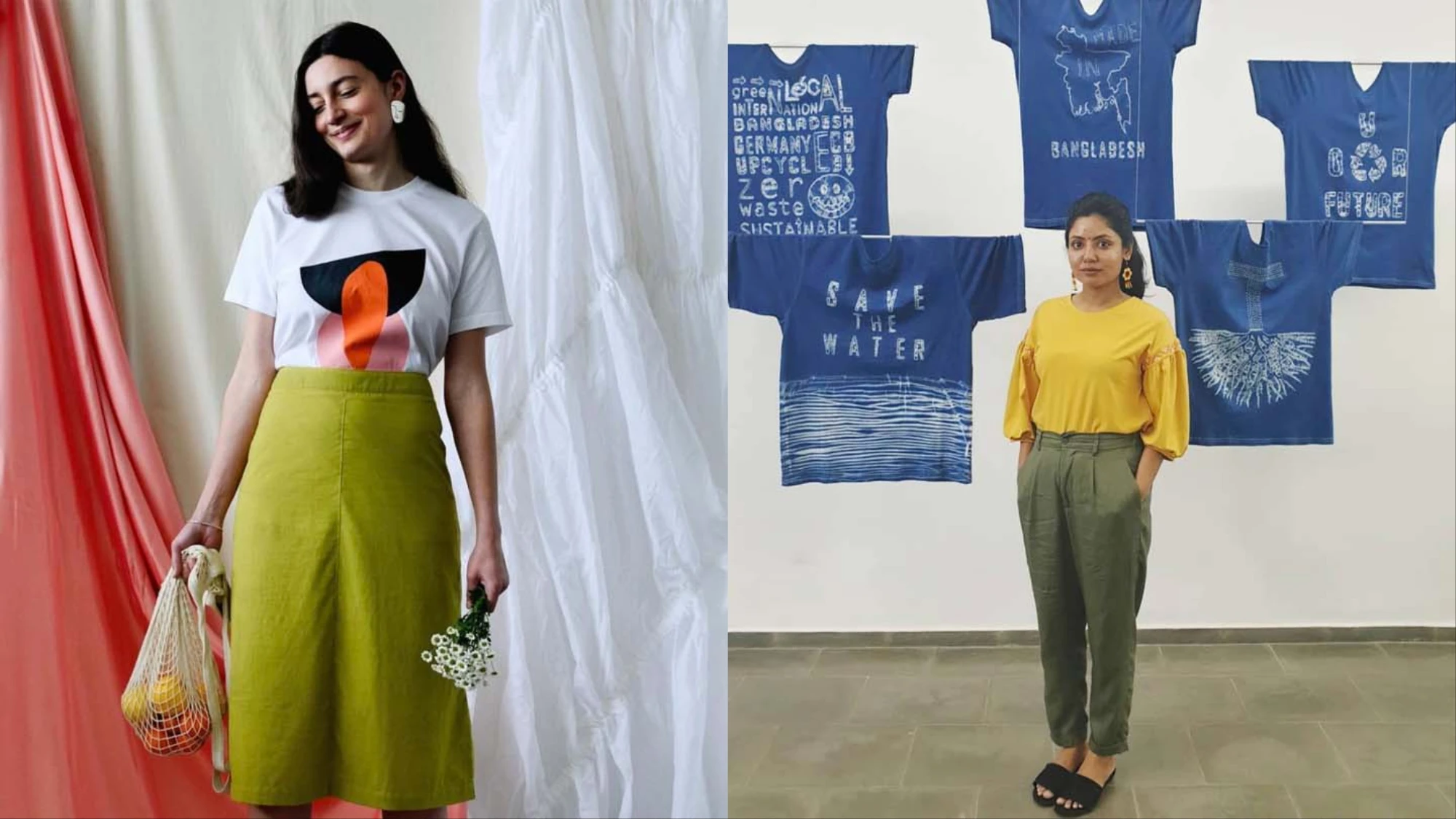Meet the future of Bangladesh's sustainable design talent

Image collected
Sustainability and Bangladesh are two words rarely uttered in the same sentence in the west. With the tragic Rana Plaza collapse that killed 1,134 people still fresh in people’s minds, and a lack of opportunity for local designers, the perception behind the words "Made in Bangladesh" remains exactly that: clothes are factory made, not designed.
But sustainable fashion design talent exists in the South Asian region , it can just be hard to find. Higher fashion education is difficult to access, and design and the arts still face a local stigma. Fashion is still considered by many to be a job for those living under the poverty line. But still there are designers working who are not only sustainable but who are also spearheading ethical and eco-friendly manufacturing across the region.
You might not realise it, but Bangladesh has the most “green factories” of any country in the world. A “green factory” not only complies with environmental laws, but its energy efficiency and sustainable production balances environmental and business interests. This means all materials are recycled, from the water to the glass the water comes in.
67 of Bangladesh’s ready-made garment factories have the Leadership in Energy and Environmental Design (LEED) approval, an internationally recognised environmental and sustainable certificate from the U.S. Green Building Council (USGBC). Of these 67 factories, 13 of these are rated platinum -- the highest tier in LEED certification -- with seven of these ranking among top 10 green factories in the world. 280 more factories in Bangladesh registered with the USGBC for LEED certification. However, putting those numbers into context, Bangladesh has a total of 4560 factories, with a total of around 4,000,000 employed. While there’s progress being made, there’s still a long road ahead.
But the designers already on that road are making the journey an exciting one. We spoke to some of the emerging talents who are tackling both the stereotype of being “Made in Bangladesh” and tackling the epidemic of fast fashion.
Source: https://i-d.vice.com